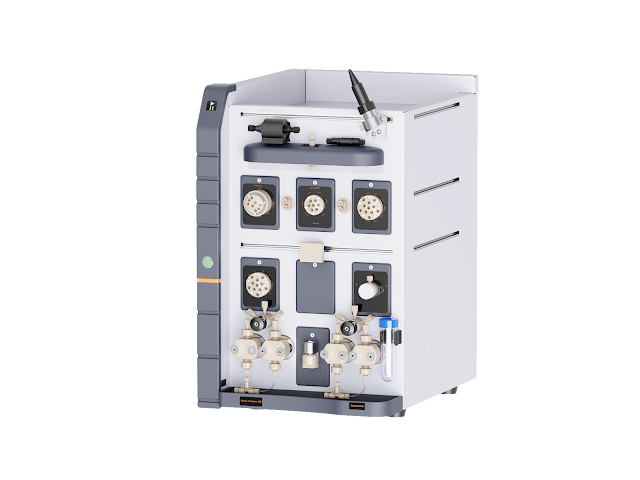Advancements in Biotechnology: The Critical Role of Protein Purification and Fast Protein Liquid Chromatography
In the expansive field of biotechnology, protein purification is a fundamental process that plays a crucial role in a variety of scientific and medical advancements. This procedure is essential for the preparation of proteins for use in research, diagnostics, and therapeutic applications. Among the many techniques available, Fast Protein Liquid Chromatography (FPLC) stands out as a preferred method due to its efficiency and precision in purifying proteins.
The Essence of Protein Purification
Protein purification involves separating a specific protein from a complex mixture of proteins, cells, and other biological components. The process is critical for scientists and researchers who need pure proteins to study their structure, function, and interactions in great detail. Pure proteins are also vital for developing pharmaceuticals, where contaminants can not only affect the function of the drug but also lead to adverse reactions in patients.
The complexity of protein purification varies depending on the source of the protein, its solubility, stability, and the presence of other substances in the initial mixture. Effective purification strategies are tailored to the unique properties of each protein, requiring a deep understanding of both the protein’s characteristics and the purification technologies available.
Fast Protein Liquid Chromatography: A Preferred Method
Fast Protein Liquid Chromatography (FPLC) is a high-resolution technique designed specifically for the purification of biomolecules, especially proteins. Unlike other chromatographic techniques, FPLC operates under conditions that are particularly gentle on the proteins, which helps maintain their biological activity and structure. This is essential for applications where the functionality of the protein is as important as its purity.
FPLC systems are highly adaptable and can be used for a variety of chromatographic methods, including ion exchange, gel filtration, and affinity chromatography. This versatility makes FPLC an invaluable tool in labs focusing on biotechnology and pharmaceutical development, where it is used to purify everything from simple peptides to complex proteins involved in disease pathology.
Applications and Benefits of Protein Purification and FPLC
The applications of protein purification and FPLC are broad and impactful. In research, purified proteins are used to create antibodies, which are critical in the development of vaccines and diagnostic tests. In the pharmaceutical industry, protein purification is used to produce enzymes, hormones, and other biologically active proteins for drug production.
One of the major benefits of using FPLC in protein purification is its ability to scale from small research samples to large-scale manufacturing processes. This scalability is crucial for transitioning from experimental phases to commercial production, ensuring that the purity and quality of the protein are maintained at all levels of production.

Conclusion
For laboratories and research facilities looking to advance their capabilities in protein purification and employ Fast Protein Liquid Chromatography, inscinstech.com.cn offers state-of-the-art equipment and expertise. As a leading supplier of chromatography systems, Inscinstech provides innovative solutions that enhance the efficiency and precision of protein purification processes. Whether for academic research or commercial pharmaceutical production, Inscinstech’s advanced technologies are designed to meet the rigorous demands of modern science and help pave the way for future discoveries and developments in the field of biotechnology.

.jpg)

Comments
Post a Comment